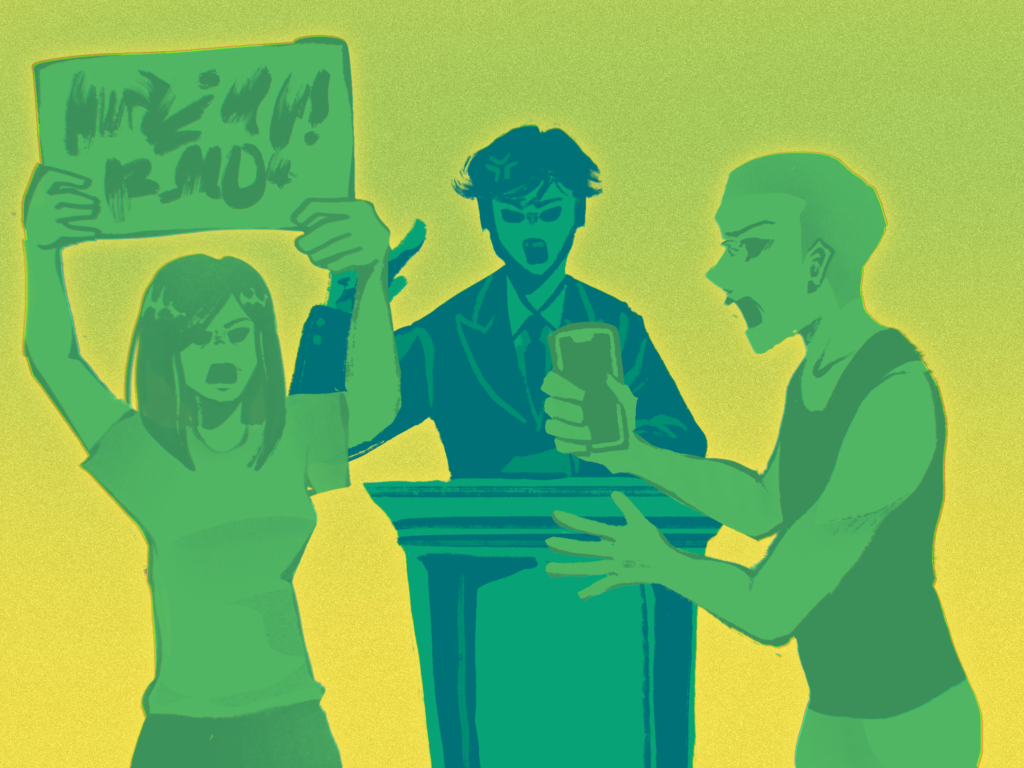By now we’ve all heard about the FBI-Apple legal battle that brought the question of balancing the issues of national security and civilian privacy to the forefront of the public agenda. The FBI toppled a delicate balance when it sought to unnecessarily compromise public privacy by demanding Apple to not only unlock the phone of a San Bernardino shooter, but also to create a new iOS software designed to let the FBI access any and all iPhones.
The spotlight now focuses on both the issue of balancing national security and civil liberties and yet another blunder by the federal government; a blunder characterized by its willingness to sacrifice public privacy. A blunder that comes as no surprise following the occurrence of the Snowden scandal, which revealed that phone companies all over the world gave the American government access to their users’ phone records, leaving no room for civilian privacy.
I am unwilling to support the egregious demand that the FBI tried to force Apple into: “GovtiOS.”
Prior to finding a third party to unlock the iPhone 5C, the FBI had sought a court order to force Apple’s assistance in unlocking Syed Farook’s phone.
CNN’s released a fallacious statement: “What is truly dangerous is the divide between our security needs and the economic interests of industry.” Apple CEO Tim Cooke has said of the request: “We have done everything that is both within our power and within the law to help, but now the U.S. government has asked us for something we simply do not have, and something we consider too dangerous to create.”
Even if Apple’s reasoning stems from its economic interest and its desire to maintain the trust of its consumers, its refusal to yield to the FBI’s demands is a step in the right direction. The underlying theme here is not as clear-cut as CNN and various other news outlets have claimed it to be; rather this issue is underscored by a company’s moral obligation to the public.
If Apple, a magnate in the technology market. whose consumers come from every corner of the world, created a software that allows the government to access any iPhone it desires on so-called grounds of national security, then what of the phones of people who are not prioritized by the government?
What of people like me, an international student from Thailand, whom the American government owes nothing to? To know that the government of a different country could easily access all the information of my iPhone scares me.
If it had chosen to comply with the FBI’s wishes, Apple would be symbolically condoning a blatant breach of privacy. It would be repeating the disaster that Verizon, AT&T and other phone services took part in when it allowed the NSA to access all civilian phones. This issue is a battle between public welfare and private interests; it’s a case that opens up the unresolved issue of how dangerously far the government will go to ensure national security, and to expand its own power.




